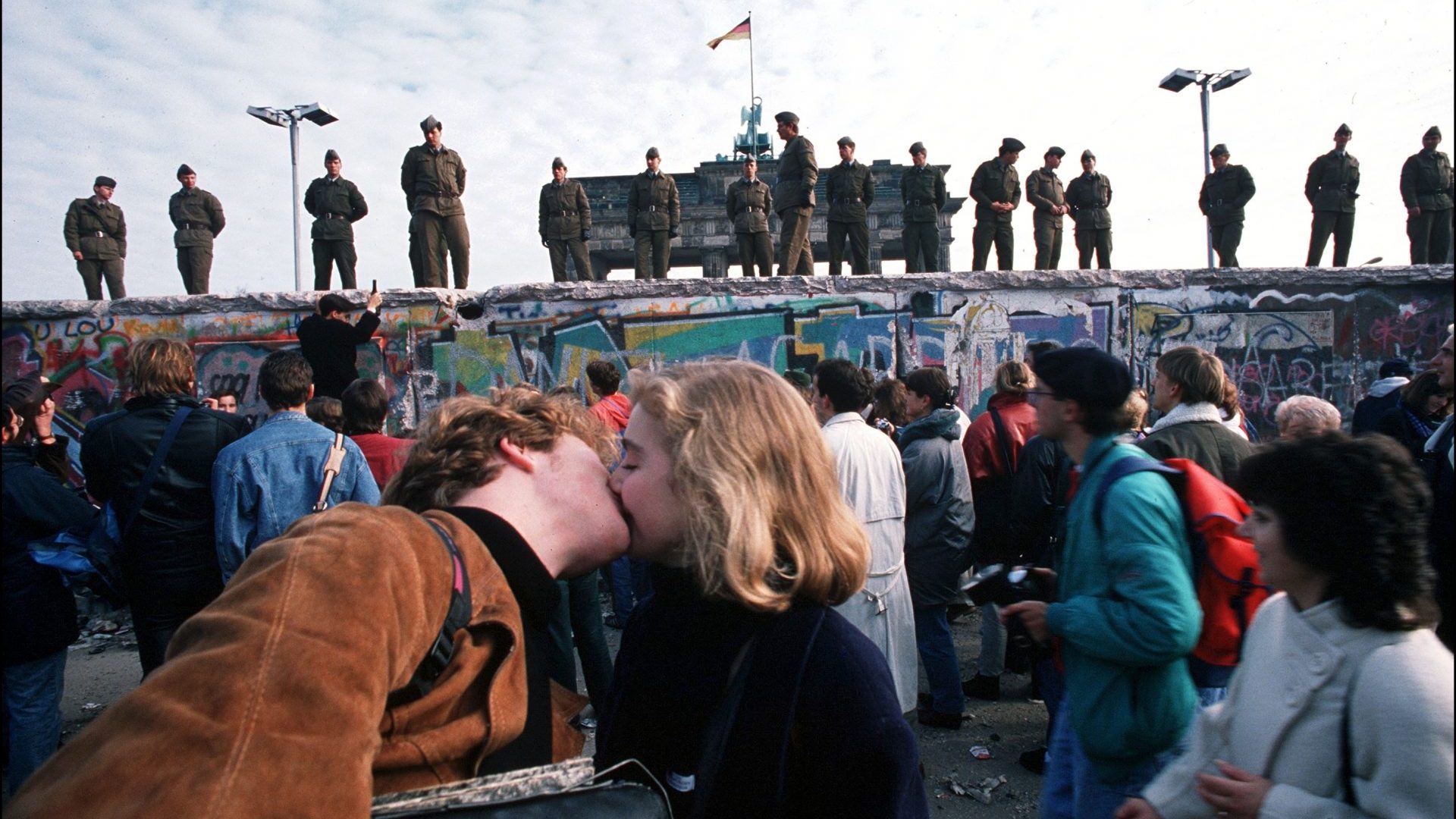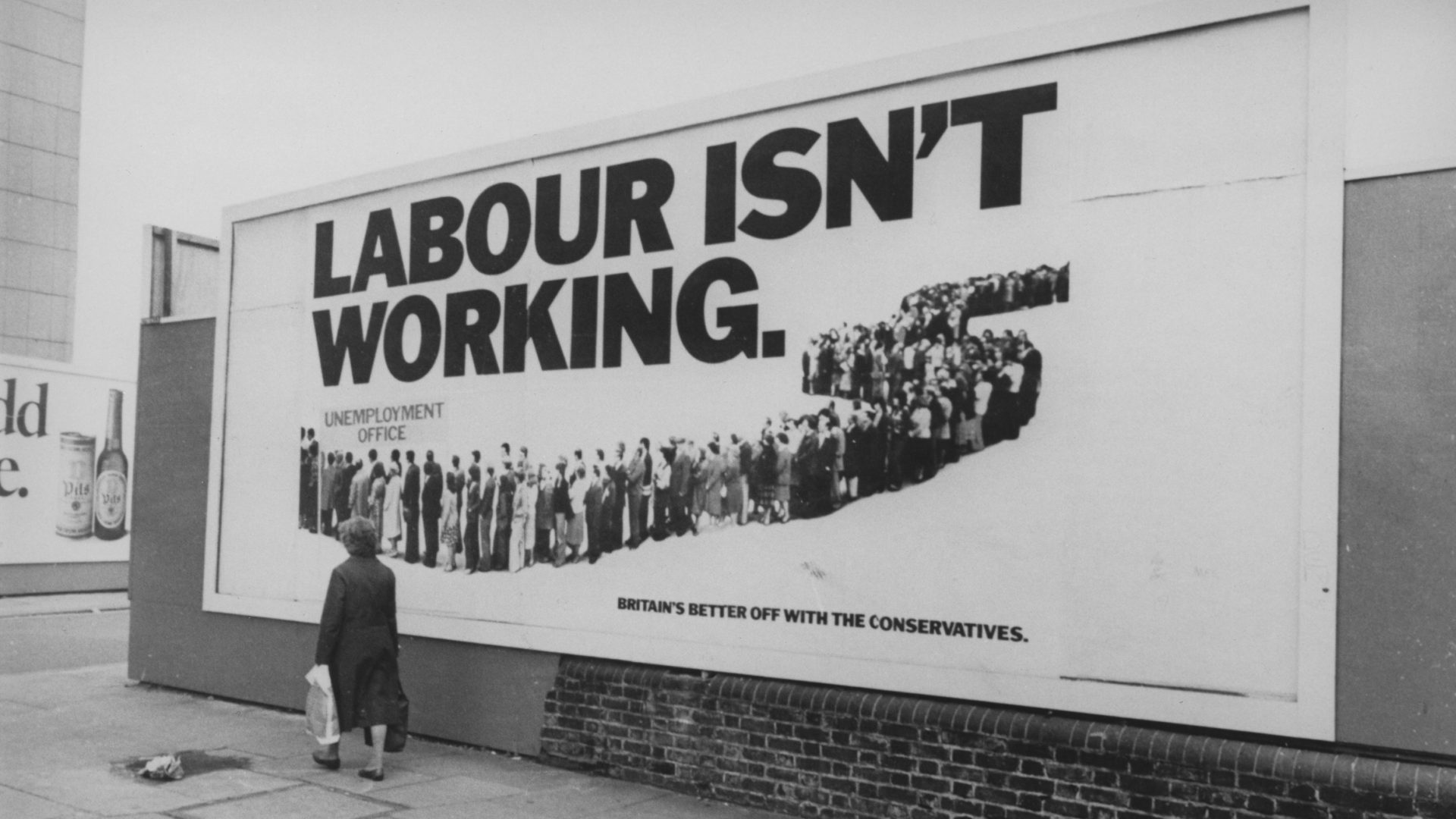For those of us who have been banging the drum for Jenny Erpenbeck for almost as long as her work has been published in English – a decade and a half now – the news last week that she had become the first German writer to win the International Booker Prize was both vindication and relief.
There are few writers working today able to distil the essence of modern Europe as evocatively as Erpenbeck, and in her winning novel Kairos, the story of an intense relationship between a young student and a middle-aged intellectual in East Germany during the years immediately before and after the fall of the Berlin Wall, she filters the socio-political atmosphere of the times through a deeply personal novel luminous in its brilliance.
Even before it scooped the award, given for the year’s best work of fiction translated into English, there was a sense that Kairos is destined to be the novel that elevates Erpenbeck to the wider audience she thoroughly deserves. If any book can win over someone still wary of translated fiction, it’s this one.
Thanks in no small part to poet and critic Michael Hofmann’s outstanding translation – he shares the £50,000 prize equally with Erpenbeck – Kairos demonstrates to the Anglosphere exactly why Erpenbeck is mentioned as a contender for the Nobel Prize for Literature.
“What makes Kairos so unusual is that it is both beautiful and uncomfortable, personal and political, psychological and very moving,” said the chair of the International Booker judging panel Eleanor Wachtel, announcing the award at London’s Tate Modern last week. “Erpenbeck invites you to make the connection between these generation-defining political developments and a devastating, even brutal love affair, questioning the nature of destiny and agency.”
Born in East Berlin in 1967, Erpenbeck was in her early 20s when the wall fell. She had known no other way of life than the German Democratic Republic and came from a family steeped in communism and anti-fascism. Her grandmother, an actress who became a journalist, joined the Communist Party as far back as 1929, left Germany when Hitler came to power in 1933, emigrated to the USSR with Erpenbeck’s novelist grandfather two years later and returned to Germany in 1947 to help set up the communist state in the east.
Her parents were leading academics and the family lived in one of the better parts of East Berlin, an apartment close to the border on an old road that terminated suddenly at the wall as if disappearing into it.
“There is nothing better for a child than to grow up at the ends of the earth,” Erpenbeck wrote in her 2021 non-fiction collection Not a Novel, and while she could never be accused of lapsing into Ostalgie, the DDR described by Erpenbeck in her writing is far from the one-dimensional grey-brown police state evoked in most accounts of the era.
The restrictions of an authoritarian state are obvious, but Erpenbeck’s characters are never casting wistful glances over the wall dreaming of fancy cars and clothes. Some barely even give it a thought. Indeed, when Katharina is granted permission to visit her grandmother in Cologne she is shocked to see homeless people on the streets, something unthinkable in the east.
In Kairos, lovers Katharina and Hans go to restaurants and cafes, listen to music, visit bookshops and the seaside, living an everyday life similar to their counterparts on the other side of the wall.
“We weren’t a wonder or a horror to ourselves,” Erpenbeck wrote in 2016 of her formative years, “we were the everyday world.”
On the night the wall fell she was asleep at a friend’s apartment and missed the whole thing, unaware of the seismic developments occurring a short distance away. Before long she became increasingly aware of the uneven nature of reunification, citing an occasion in the days following the fall of the DDR when she watched a man from the west handing out Christmas wrapping paper to passers-by from the back of a truck. This, she thought, wouldn’t happen in a society where all citizens are equal.
“For me, his gesture as he handed down those rolls of paper from the tailgate embodied the whole misery of our inequality,” she wrote. “Most of all, it carried the message: I am above and you are below.”
This felt more like a takeover than a reconciliation. If there was a path to genuine freedom and democracy, was this really it?
“Freedom wasn’t just a gift, it was something you paid for, and the price of freedom turned out to have been my entire life up till then,” Erpenbeck wrote in Not a Novel. “Everyday life was no longer everyday life: it was an adventure that had been survived. Our customs were now a sideshow attraction.”
In her writing, Erpenbeck has always sought to restore dignity to the perception of life in the DDR. Not in the sense of excusing or defending oppression and state surveillance – she has written of her disappointment on finding her Stasi file was only two pages long, detailing a crush she had at school – but instead emphasising how people had genuine agency and nuance in their everyday lives.
They loved, hoped, dreamed and laughed like anyone else, went to restaurants and concerts, took holidays, bought clothes, went to school and university, listened to music, went to bars, and were not the kind of people to be mesmerised by the glint of cheap Christmas paper.
Having lived in two distinct Germanies through some of the 20th century’s defining moments, Erpenbeck is an important literary voice for our continent, whose novels translated into English are as thought-provoking as they are absorbing. The first was Visitation, published in 2010, which eavesdrops on the various occupants of a house in Brandenburg through the tumultuous events of the 20th century, a book written so sparingly that it really feels as if decades pass in the space of barely 150 pages.
The End of Days, published in English four years later, also immerses itself in the 20th century, this time through the eyes of a woman born in the Austro-Hungarian Empire during the early 1900s and who lives – and dies, in the manner of Kate Atkinson’s Life After Life – in Moscow during the 1930s until witnessing the reunification of Germany as a nonagenarian in Berlin.
2017’s Go, Went, Gone, a direct translation of the novel’s more euphonious original German title Gehen, ging, gegangen, is the story of a lonely professor who becomes increasingly drawn to the African refugees camped out in Berlin’s Alexanderplatz, the original German edition coinciding with Angela Merkel’s 2015 opening of German borders to Syrians fleeing the war in their homeland.
“Why do we still hear laments for the Germans who died attempting to flee over the wall but almost none for the countless refugees who have drowned in the Mediterranean in recent years, turning the sea into a giant grave?” asked Erpenbeck. “Why is it that the opening of the border in 1989 was something wonderful, but today voices cry out for new and stronger borders? What is the difference between these two groups of people who aspire to a new life, to this thing we call ‘freedom’?”
Kairos challenges similar lazy western perceptions of the unified Germany. Named for an ancient Greek word meaning “the right time” or “opportunity”, Kairos evokes the everyday East Germany of Erpenbeck’s early life that she has long sought to defend.
“Thirty years have passed since the country in which I was born is gone,” she said after her Booker nomination, “so I could dare to look back and take my time to carefully research what I lived through without really being aware of it.”
Hence when Katharina, a 19-year-old apprentice at the state publishing house, and Hans, a married 50-something novelist, meet on a bus and develop an increasingly intense relationship, we are immediately in Erpenbeck’s East Berlin, the everyday city with its cafes and restaurants, bookshops and apartment buildings.
In the early sections, Erpenbeck captures brilliantly the early days of a romance, making us party to the thoughts of two strangers deeply attracted to each other, drawn together by a bond neither of them understands but are compelled to obey. When they go to a cafe minutes after meeting, Erpenbeck eavesdrops on their thoughts as well as their conversation, flitting back and forth in the present tense, mining the inexplicable randomness of intense attraction.
Katharina and Hans impose token early landmarks and anniversaries, attempting to co-opt the significance of time into proving the significance of the relationship, champing at the bit for a future they want to race towards. Three weeks to the minute after their first meeting, for example, they return to the cafe and try to replay those first hours, “so what was present just three weeks ago deepens in the course of an afternoon, deepens, changes its nature, and yet keeps its overall outline which both of them recognise”.
The bliss and dread that feed the early days of romance are beautifully evoked, the thrill of a suddenly reprogrammed future combining with the horror that only slight changes in circumstances could have prevented them meeting at all.
“The thought that everything might have come about differently if she’d left home 10 minutes later,” thinks Katharina, “or not happened to have the exact change at the bookstore, that’s enough to make her head reel”.
Hans, who is married with a teenage son, and Katharina, come from different generations and different Germanies. As a boy Hans was compelled to join the Hitler Youth, Katharina was a Young Pioneer, both trained to be a certain kind of citizen equipped for a certain kind of future that would never arrive.
Unsurprisingly, things take a dark turn as Hans, a long-time philanderer, becomes like the state in which they live – ever more controlling, ever more restrictive of Katharina’s freedoms. “Simply put,” said Erpenbeck of Kairos, “how can something that seems right in the beginning, turn into something wrong?”
It takes a brilliant writer to add nuance to the accepted narrative of “west good, east bad” without sounding like an apologist, but Erpenbeck achieves this comfortably by leading us in a slightly different philosophical direction.
“Strangely enough,” she wrote in 2016, “it has nothing to do with the question of whether the past that is now being replaced was pleasant or unpleasant, good or evil, honest or dishonest. It was simply time, time that really did pass in this way that I knew.”
Kairos by Jenny Erpenbeck, trans. Michael Hofmann, is published by Granta, £9.99




